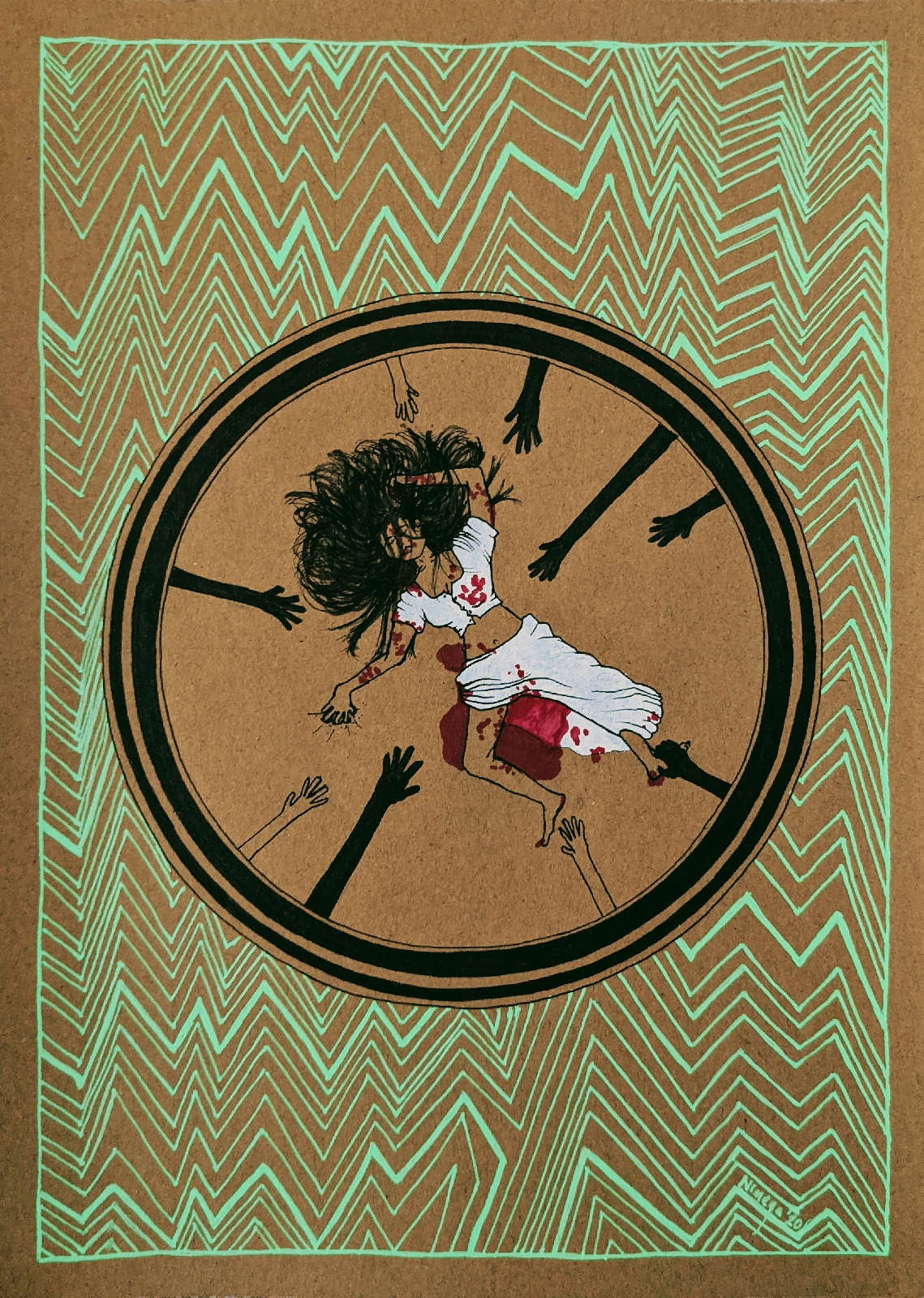Love in the Time of Cholera – A Book Review
Considered a classic belonging to Modern Literature, Love in the Time of Cholera by Gabriel Garcia Marquez is a tale of not just love and longing, but also of life and suffering. Written in the context of the threshold between the 19th and 20th centuries in the Caribbean, when two things governed life; society and diseases, it tells an amazing story of life and death in unimaginably beautiful words. Written in the 1980s, it is refreshing to think how open-minded the narrative is. It makes you wonder if the society moved backwards since then, or if Marquez was just a man that transcended time. The story narrates many an event that would be frowned upon today, with much indifference and without judgement, as natural human behaviour. Even as he explained how the characters hid their actions from society for fear of judgement, to the reader, everything seems normal in the face of love. ‘Moral’ and ‘immoral’, here, are mere strings of letters.
This book, for me, is associated with memories of my own adolescence. It takes me back to those hours of free time we had in school; between lectures (and sometimes during); that some of us filled with a few chapters from our books. I remember sharing some of the beloved moments in the stories with the other readers around. Even though I cannot remember who brought this book to our classroom, I do remember it being passed around, admired by each of us in turn. Nearly 10 years later, as I return to this book, it gives me a strange sense of familiarity, although I do not remember a single word or scene of what I sampled back in 2010.
Marquez is a milestone in reading I missed some time in my life as a literary enthusiast, as I moved to others. Even as I adore novels with pain as the foundation, much like those by Marquez, love was never my genre of choice. If not for that one incident, I would never decide that this would be the first book I read of Marquez. My aversion to romantic novels always stopped me from picking it up, till this magical reading challenge came to its rescue with the prompt word ‘Love’ which immediately made me think of this book.
Marquez, through all his characters from different stages of life, explains the freedom of divorce and widowhood, and the complications that come with it, the comfort, thrill and stress of infidelity, the simultaneous sorrow and relief of being caught and the morality of prostitution for different people. He talks about how love (and desire, for both are the same in this world, and yet different) justifies all kinds of behaviour, transcending loyalty, principles and professional ethics. Sexuality is expressed freely and naturally, where neither age nor gender makes a difference. What I find most inspiring here is that female masturbation is talked about, not in hushed tones, but in all its splendour, even in the context of the initially coy female protagonist. Spanning a few decades, this book talks about “love” in different stages of life. The relationship of the male protagonist with a little girl young enough to be his granddaughter borders on incest, and though not judged by the narrative, is seen to have a very disturbing psychological effect on her. I was shocked when the narrative casually remarked how the bold and inspiring Leona Cassiani was madly in love with her rapist, a man whose name or face she did not know. More than a biased narrative, this novel is a retelling of very human emotions and reactions.
Stories from another time are never easy to read, mostly because they are not relatable to us. For the same reason, I am not always a fan of classics, even though they give amazing insights into the culture of the period. But some concepts are timeless. There were two things in Love in the Time of Cholera that I could relate to. The first and the lighter one, Fermina Daza’s inability to throw away or burn materialistic things she associated her memories with, is something I realised about myself long back, growing up in a regular Indian middle-class home, with severe hoarding tendencies. The second aspect is closer to the heart. As Fermina found comfort in the methodical letters from Florentino Ariza as she mourned her husband’s death, I realised that I have one more thing in common with this woman who was perhaps nothing like me. As long as I can remember, I have found much more comfort in written words, than any pleasant sight, spoken words of compassion, a long shower or a comfortable sleep could offer.
The name of this novel always intrigued me. As straightforward as it seemed, I did not deem the title fit, till page 343 (which I happily observed, was the cube of the number 7) when I felt like everything fell in place as Cholera rose up to be a character in the story; one that decided the fate of the ending, or the means to it.


Comments
Post a Comment